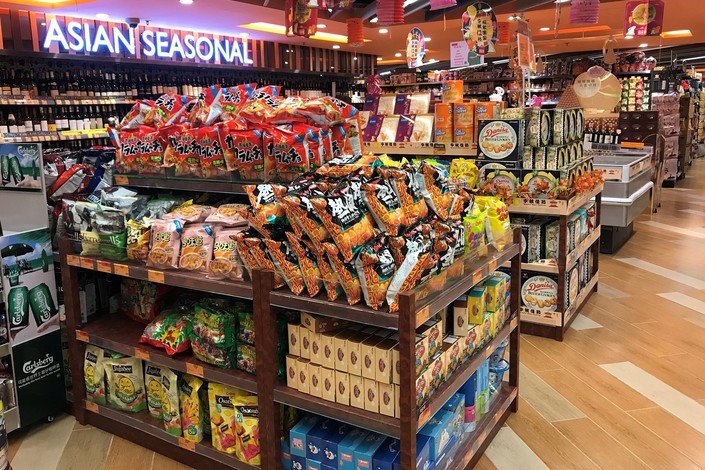Navigating the Sustainable Challenges in the FMCG Industry

The Fast-Moving Consumer Goods (FMCG) industry plays a vital role in our daily lives, providing us with essential products such as food, beverages, personal care items, and household goods. However, as the world becomes increasingly aware of the importance of sustainability, the FMCG industry faces numerous challenges in its journey towards a more sustainable future. In this article, we will explore the key challenges that the FMCG industry encounters and discuss potential solutions to address them.
- Supply Chain Complexity:
One of the primary challenges in achieving sustainability in the FMCG industry lies in its complex supply chain. From sourcing raw materials to manufacturing, packaging, and distribution, each step presents unique sustainability hurdles. Ensuring transparency and traceability throughout the supply chain is crucial to identify and mitigate environmental and social impacts. - Packaging Waste:
The FMCG industry heavily relies on packaging to protect and market its products. However, this reliance has led to a significant increase in packaging waste, contributing to environmental degradation. Finding sustainable packaging alternatives, such as biodegradable materials or reusable packaging, is essential to reduce waste and minimize the industry's ecological footprint. - Energy Consumption and Emissions:
Manufacturing processes within the FMCG industry often require substantial energy consumption, leading to greenhouse gas emissions. Transitioning to renewable energy sources, implementing energy-efficient technologies, and optimizing production processes can help reduce carbon emissions and minimize the industry's impact on climate change. - Water Management:
Water scarcity is a pressing global issue, and the FMCG industry is a significant consumer of water resources. Efficient water management practices, such as water recycling, responsible sourcing, and reducing water usage during production, are crucial to mitigate the industry's water footprint and ensure long-term sustainability. - Ethical Sourcing and Labor Practices:
The FMCG industry relies on a vast network of suppliers, making it challenging to ensure ethical sourcing and labor practices throughout the supply chain. Implementing robust supplier engagement programs, conducting regular audits, and promoting fair trade practices are essential steps towards improving social sustainability within the industry. - Consumer Awareness and Behavior:
Shifting consumer behavior towards more sustainable choices is another challenge faced by the FMCG industry. Educating consumers about the environmental and social impacts of their purchasing decisions, providing clear and transparent product information, and offering sustainable alternatives can help drive consumer demand for eco-friendly products.
Conclusion:
The FMCG industry faces several challenges on its path to sustainability, ranging from complex supply chains to packaging waste and energy consumption. However, by embracing innovative solutions, collaborating with stakeholders, and adopting sustainable practices, the industry can overcome these challenges and pave the way for a more environmentally and socially responsible future. Emphasizing transparency, traceability, and consumer education will be crucial in driving the necessary changes towards a sustainable FMCG industry.





